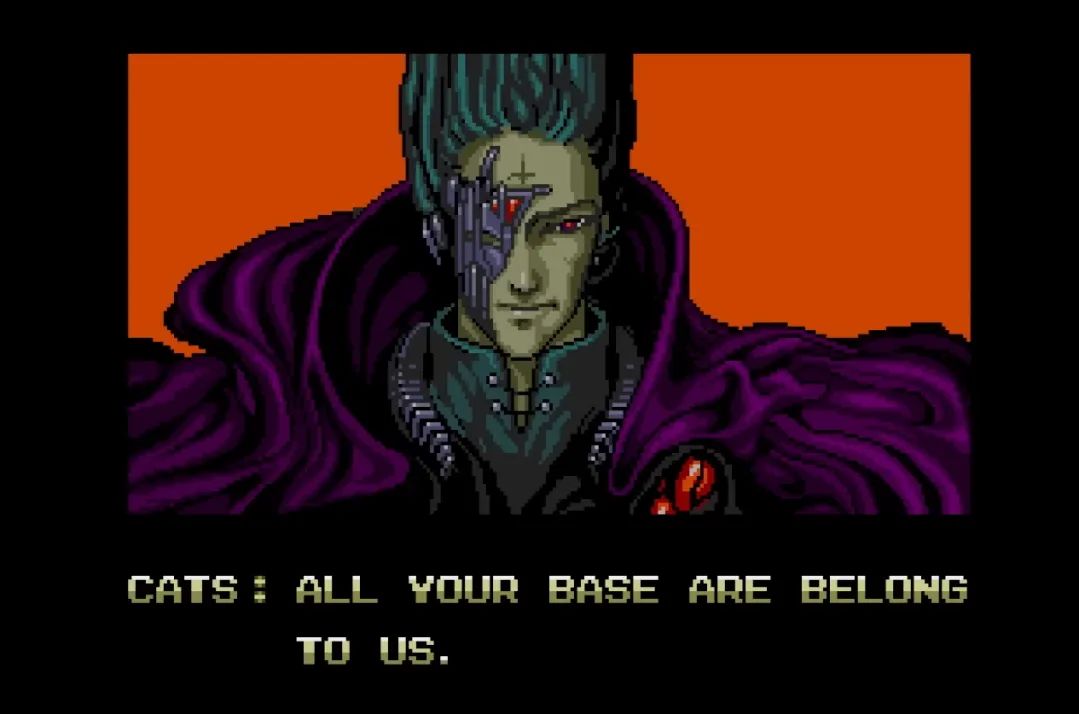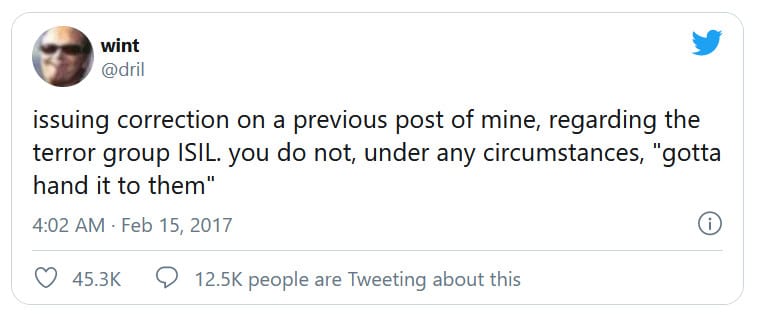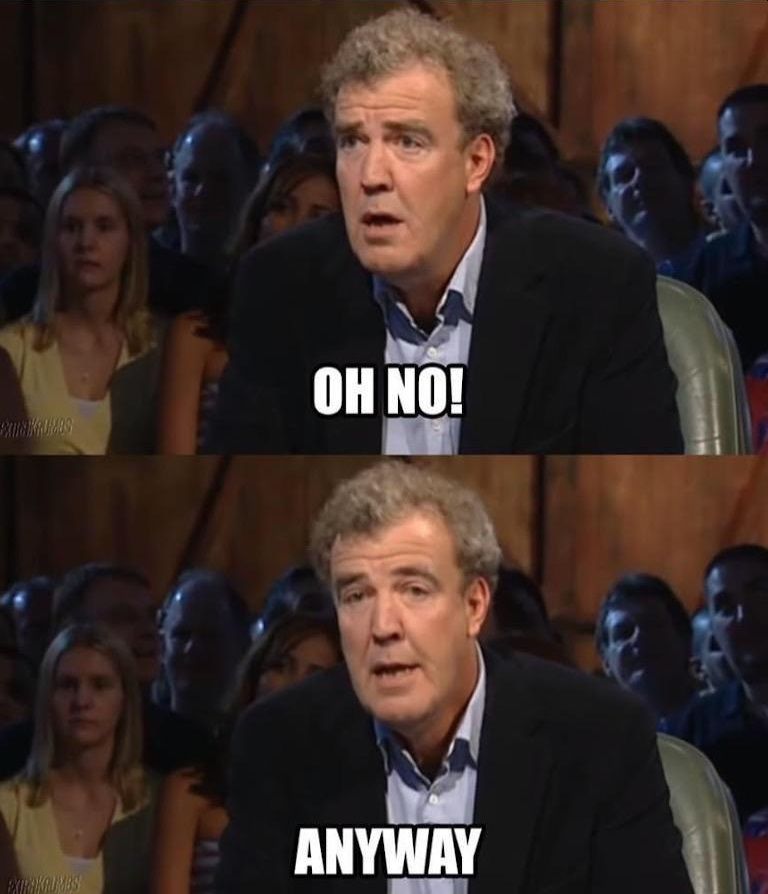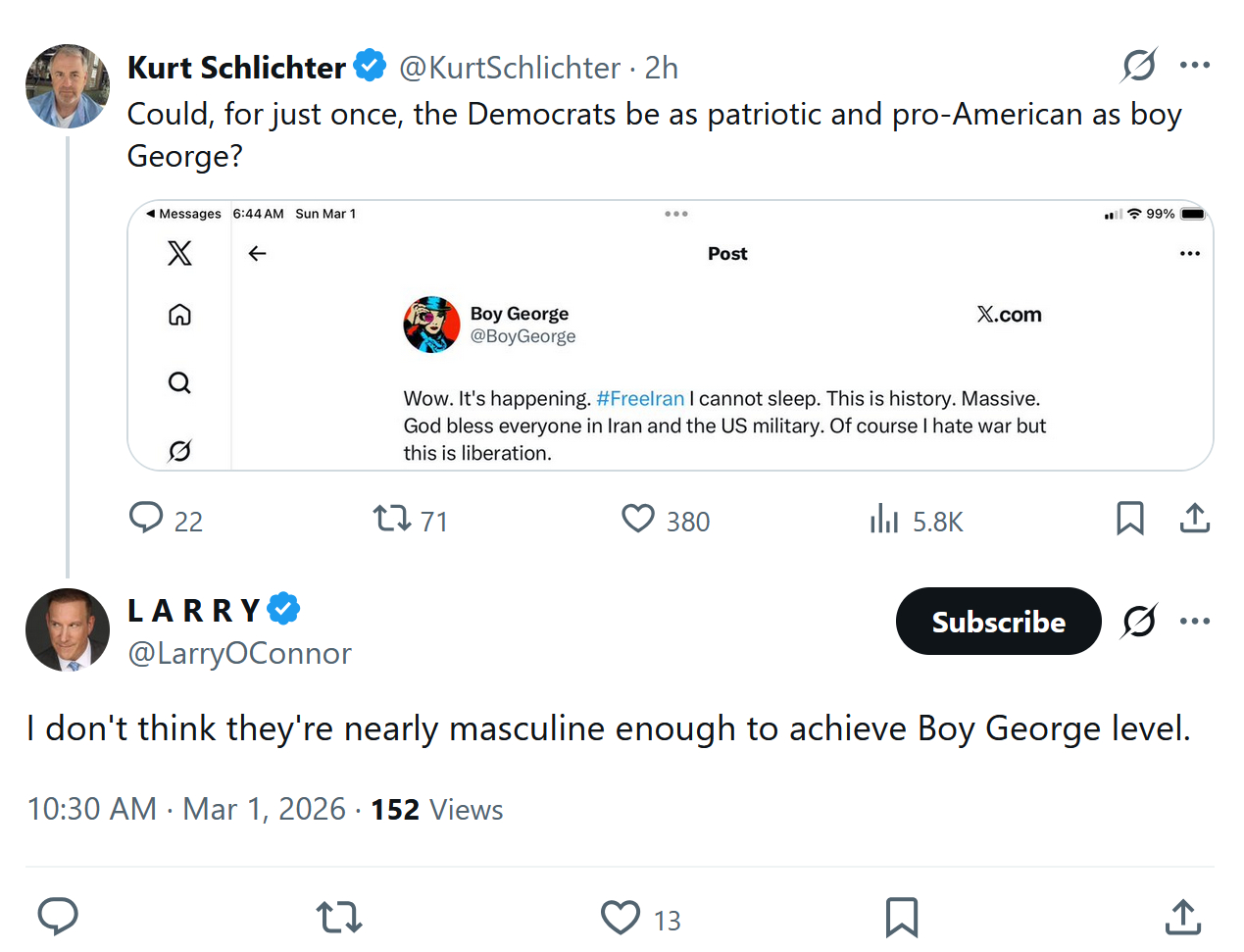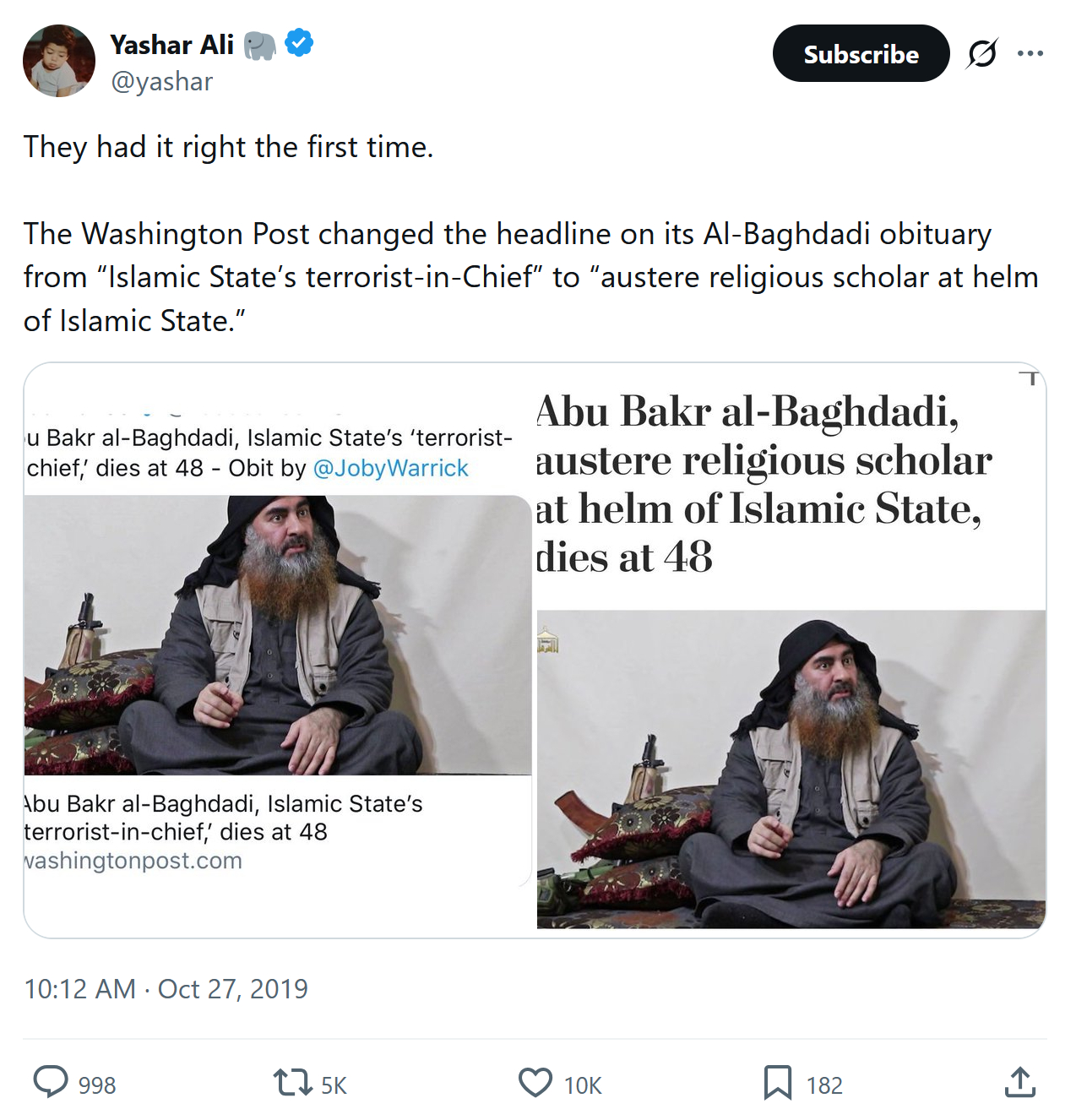JEREMY CLARKSON: I wish I’d been there for the Bafta Tourette’s moment.
To recap: the critically acclaimed movie I Swear is based on the true story of a Tourette’s syndrome sufferer called John Davidson, who was at the awards ceremony to watch the guy who played him in the film pick up a best actor award. All lovely so far.
But in the course of the proceedings John shouted out the n-word when two black guys were on the stage. And all of a sudden things were not so lovely any more. And they were especially not lovely, I should imagine, in the BBC edit suite when the show was over and they had two hours to prepare it for transmission.
I would give my entire nutsack to have been in there with them, not to contribute to the debate, but to watch a room full of luvvies tie themselves in knots. They should make a movie about it one day. It could be called “When Bandwagons Collide”. It’d probably win a Bafta.
Obviously, they nipped out a clip where one of the winners said “Free Palestine’, because after the Glastonbury debacle when that performer — I forget his name … Jizzy Biscuit? Something like that — encouraged the crowd to kill Israeli conscripts, there was something of a brouhaha.
But what to do about this n-word business? The whole point of the very excellent movie I Swear is to highlight the plight of those with Tourette’s. And by including the tic, which is what it was, the BBC would be doing just that. However, it was a racist tic. So is it acceptable to broadcast a white man using the n-word, even when he can’t help it?
Think of the hand-wringing and the mental anguish such a conundrum creates. It’s never easy being a lefty; there’s always someone or something to worry about. You can imagine them all, in a tiny little room, with two things to worry about at the same time and only two hours to sort it out. If they left it in they’d be broadcasting the worst kind of racism. If they took it out? That would be disablist. It’d be like pixelating someone’s wheelchair. Only one thing is for certain. Whether they left it in, or took it out, they would have to apologise to someone.
In the end, they left it in. And the following morning apologised to all the black people they’d upset. And then there were apologies to all the Tourette’s syndrome people, for the apology. And the last time I looked they were apologising for positioning a microphone close to where Mr Davidson was sitting. But what if they had moved the mic and he’d seen them doing it? They’d have to say, “We are moving this because some people might be offended by your disability.” What a nightmare world the left has created.
Welcome to the intersectional Olympics. As Georgina Mumford of Spiked writes, “Cancelling a man with Tourette’s is a new low for the woke elite:” “After years of telling the rest of us to platform marginalised voices, to defer to ‘lived experience’, to generally ‘do better’, they have proven to be themselves shockingly ignorant of a condition that causes genuine hardship. There is no awareness that they themselves are ‘exclusionary’. Those who bristle about having to be in close proximity with disabled people will not stop to wonder if they, themselves, are the bigots. ‘The best at hate are those who preach love’, Charles Bukowski once said. Perhaps, too, those most quick to tell the rest of us to ‘educate yourself’ are the ones most in need of taking their own advice.”
